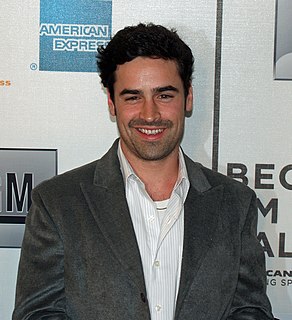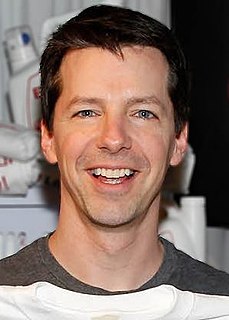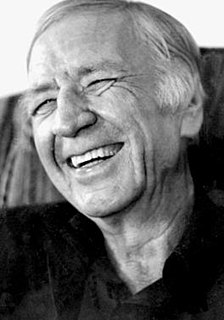A Quote by Sandra Bullock
When you have a full page of well-written dialogue that has a thought process to it, it is pretty easy to memorize. It's a lot easier to memorize than if you're in a scene and other people are talking, and you have maybe one word or one sentence that you have to interject at the right time and in a natural way.
Related Quotes
Reading aloud sounds like a good idea, but honestly, it doesn't work very well. Good dialogue in a book doesn't actually bear much resemblance to real-life dialogue. For example, if you've ever seen a word-for-word transcript of people talking, it doesn't read off the page very well. The trick is to make it *seem* like it's being spoken, not to make it speakable.
I looked at her, with her hair spilled out on the pillows and the warmth of her body warming mine. And I thought, god-dang, if this ain't a heck of a way to be in bed with a pretty woman. The two of you arguing about murder, and threatening each other, when you're supposed to be in love and you could be doing something pretty nice. And then I thought, well, maybe it ain't so strange after all. Maybe it's like this with most people, everyone doing pretty much the same thing except in a different way. And all the time they're holding heaven in their hands.
One of the disadvantages of poetry over popular music is that if you write a pop song, it naturally gets into people's heads as they listen in the car. You don't have to memorize a Paul Simon song; it's just in your head, and you can sing along. With a poem, you have to will yourself to memorize it.




































